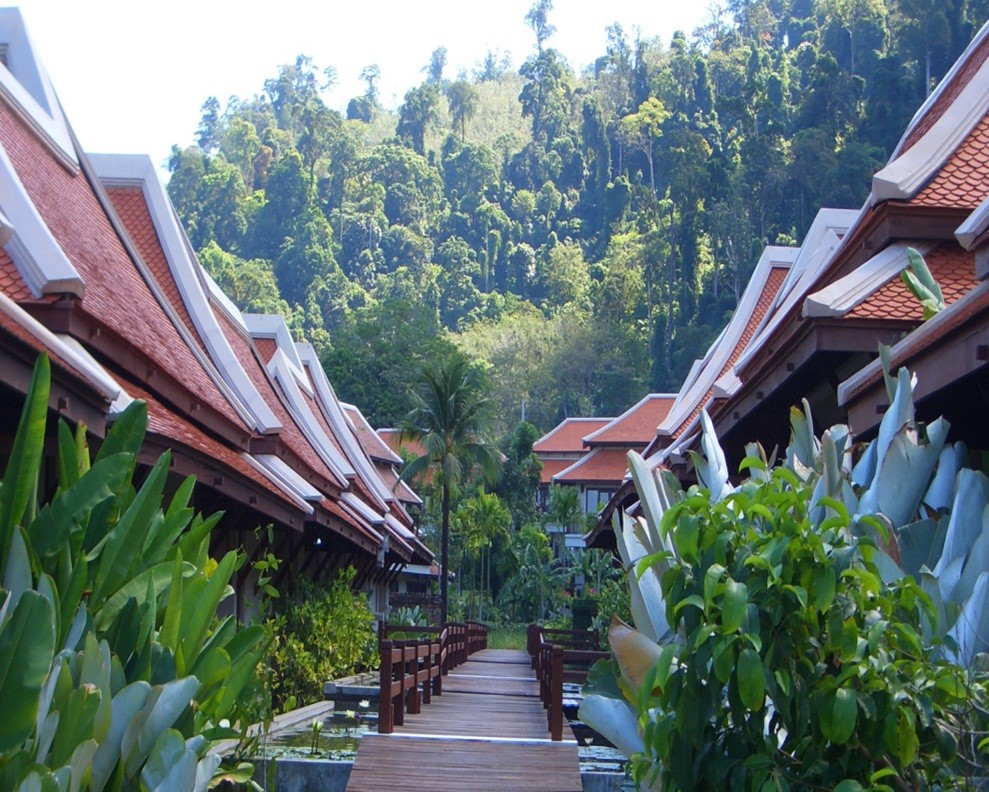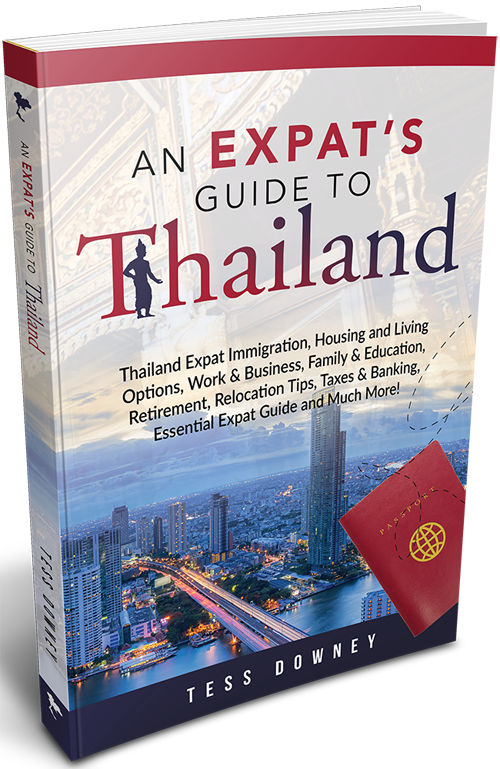CHAPTERS
Navigate to chapter
► Chapter One: General Facts about Thailand
► Chapter Two: Upon Arrival in Thailand
► Chapter Three: Generalities – All Bits Important
► Chapter Four: Thailand Laws
► Chapter Five: Visa Talk
► Chapter Six: Square Away Your Finances
► Chapter Seven: Long – Term Living
► Chapter Eight: Settling In
► Chapter Nine: Transportation and Getting Around
► Chapter Ten: Customs, Conducts and Thai Mannerisms
Chapter Six: Square Away Your Finances

Heading out to start a new chapter of your life, no matter where the location is, takes research planning and time. If you are given that luxury of being able to sort out your business, taking the time to understand the ins and outs of the financial scene of the country you are moving to enables you to keep your spending power. Your ability to set aside your finances will be an important aspect you want to square away immediately as these take time and meticulous study.
You wouldn’t want to end up in a country where you are not able to access your money as you once did because of the differing banking laws of each country. Going down to street-level, everyday banking, not sorting out your finances, could leave you with low cash and a headache of a time trying to access your overseas accounts.
It can be easy to get carried away spending cash you know you have in this country (which seems to sparkle under the sun, being that Thailand has some of the best finds and buys that are definitely quite unique compared to the stuff you are used to seeing and having in your home city. You just never want to go overboard during your initial year here, however tempting it can be to spend cash faster than it comes in. Sure, your home country currency may have a lot more spending power here, but if you are not earning that same sort of money on a regular basis, whatever on-hand, available finances you have stashed away will trickle like a dripping faucet soon enough.
Everyone says that living in most of the Asian countries like, Vietnam, Thailand or the Philippines is cheap, but this isn’t really so, unless you live like a local in whichever country you may find yourself. If you start looking for the comforts and trappings of home, you may soon find yourself spending considerably more than if you were home. It is true that South-East Asian economies are generally far cheaper compared to Western countries. Hostels can go for as little as $3-5 a night, and meals can cost as low as $0.50-$1.
Online hotel booking sites have promotions and discounts that shave off a considerable chunk off room rates as compared to just simply popping in front of a hotel receptionist to ask for a room. Best of all, flying to Bangkok could cost you as little as $500 from most airports of the world. With more and more airlines working hand in hand, airfares have become a lot cheaper than they have ever been and it is so much more possible for many to fly.
As with most developing and developed countries of the world, the cost of living in Thailand will greatly depend on the area of the country you ultimately decide to stay. This would not only hinge largely on the type and quality of life you expect but the manner in which you are accustomed. This is especially so if you can’t do without the cheese, wine, cured meats, beers and imported foods from your home country. These would definitely cost a premium getting them locally. Locally made clothes can be a bargain and there are places where you can find some pretty affordable clothes fit for the weather, but this is a whole different challenge if you are a tall person looking for sizes and the brands you would normally get in your home port.
Make it a point to get this one off your list over the first few weeks of your stay in Thailand. Doing so will save you the exorbitant withdrawal fees when using your home bank cards. It also saves you time from ATMs not accepting your home bank cards at the most inopportune of times, like on a night out or when short on cash at the local convenience store. You may have to scout around for the bank that will extend you the services you will need but there are definitely banks that can accommodate the type of banking needs you require.
You may be surprised by the different documents required at each local bank in order for you to open an account in a Thai bank. Even more frustratingly, many of the bank staff would have minimal to no knowledge of the regulations stipulated on bank websites. You may want to look for the head of the bank to speak to or the one who speaks English the best in order to get the business of inquiries squared away. Many expats who come to Thailand and attempt to open a bank account find it a struggle to have to deal with statements from bank staff who says that rules have changed since that posting or that the bank manager says otherwise.
Life would be a heck of a lot easier for you when you have a Thai bank account with an ATM card. Not only would you be able to transfer money conveniently, you would also have the convenience of access to funds as long as there are working cash machines in the area. However, no matter what sort of visa holder you may be, opening an account can be a massive headache and confounding! There have been many instances when people on tourist visas got to open bank accounts faster and hassle-free than individuals who are holders of marriage, retirement, work permit or Non O visa. Therefore, to save you the hassle of trudging the humid city pavements after doing your Internet research, we’ve compiled a list of banks others have found success and are happily maintaining Thai bank accounts today.
Continue Reading…
Want to read the entire thing?

